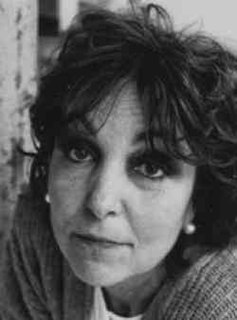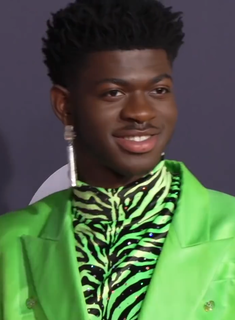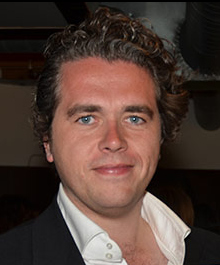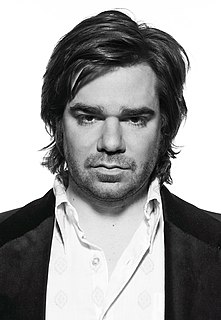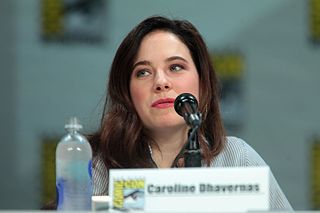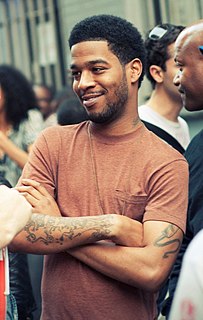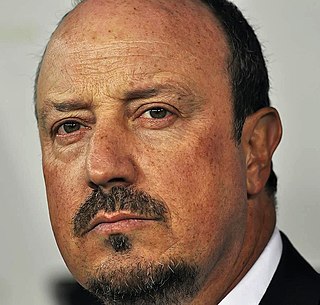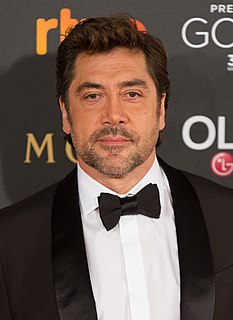A Quote by Mark McKinnon
It's just madness. First email. Then instant message. Then MySpace. Then Facebook. Then LinkedIn. Then Twitter. It's not enough anymore to 'Just do it.' Now we have to tell everyone we are doing it, when we are doing it, where we are doing it and why we are doing it.
Related Quotes
In collage you're doing it in stages so you're not actually doing it right there. You first of all draw it on the paper, then you cut it up, then you paste it down, then you change it, then you shove it about, then you may paint bits of it over, so actually you're not making the picture there and then, you're making it through a process, so it's not so spontaneous.
I haven't sworn off Facebook. I'm on Facebook. There's a fan page on Facebook that I will update, but I'm on there myself under a pseudonym, because there were a lot of people able to private-message me on Facebook, and it was getting really weird. And then with MySpace, I just don't read messages. I delete everything, and I just post updates every now and then.
We survived for hundreds of years under the old banking structure. You'd have clearing banks, then merchant banks doing the racy stuff, and then building societies where you'd join a waiting list for a mortgage. But then banks started buying stockbrokers, doing mortgages, and you ended up with these big banking groups doing everything.
I have been doing this for a long ,and it is the players who learn who you need to work with. You have to coach them to think and understand the game. If they cannot, then you have to tell them, 'You have to do this anyway,' but the best thing to do is say, 'Listen, if he is doing this, then maybe you have to do that.'
I just turned 40, and it's weird to think that I've been doing this almost my whole life. I was a child actor and then didn't do it through junior high and high school, then started up again in my late teens doing 'Young and the Restless.' Dabbled with school, went back to college, played around. I think I was doing Pleasantville at 23.
And the whole Oscar thing, that is just surreal: you spend months and months doing promotion, and then come back to reality with this golden thing in your hands. You put it in the office and then you just have to look at it sitting on the shelf. And, after about two weeks, you go: 'What is that doing there?'

